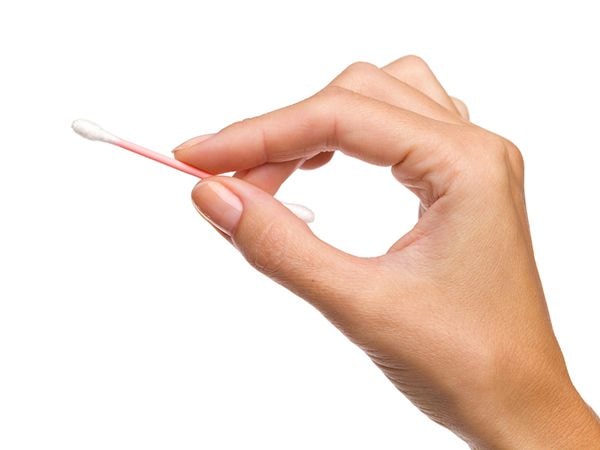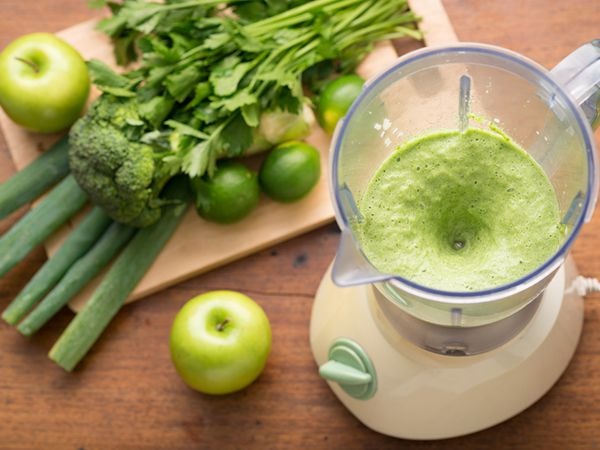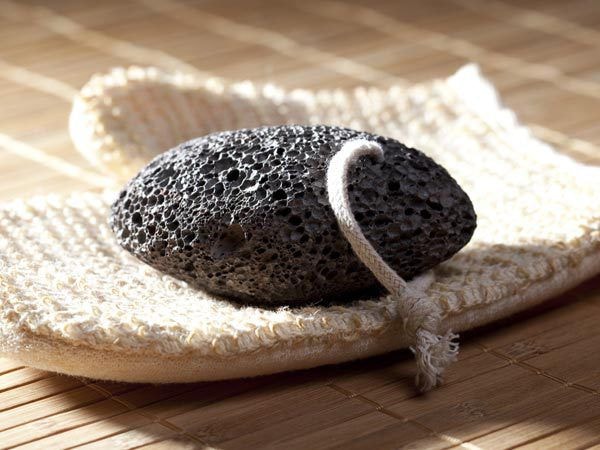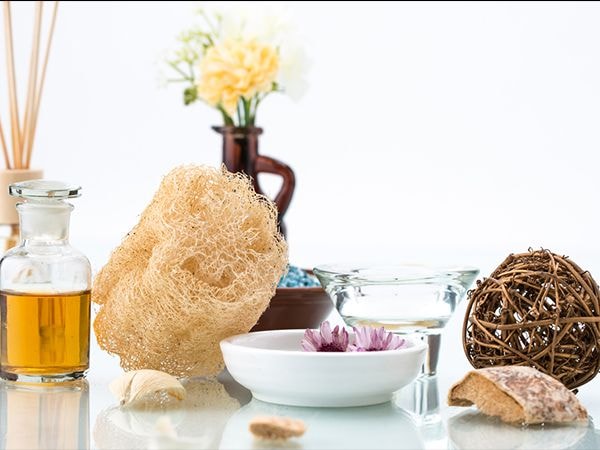8 household items most susceptible to bacteria
Cleaning your ears regularly, using soap for a long time, hugging a teddy bear while sleeping... may seem harmless but are not good for your health.
Cotton swabs: Most people think that it is necessary to clean their ears every day. This is a wrong assumption. Doctors say that we do not need to clean our ears every day because it can cause damage to our ears.
 |
SoapIt is said to act as an antibacterial agent. But if you use it for a long time, it will not be effective and may even be harmful.
When usingblender, you need to rinse it thoroughly with water. Add a little water to the jar and run the blender for about a minute. This will help to remove most of the germs that can cause food poisoning that are trapped in the blender.
 |
PumiceUsually used for hair removal or manicure and pedicure. You should not share this tool with others to ensure safety because bacteria and germs can easily spread through pumice stones.
 |
SpoonSpoons are considered one of the top five dirtiest items in the kitchen. Research shows that E. coli, yeast, and mold are the most common germs found on spoons. So, before using them, you need to make sure to clean them.
stuffed bearare where allergy-causing dust mites hide. Wash these toys regularly and make sure they are not played with on your bed.
Usewhitening toothpasteover time can damage tooth enamel or erode teeth. Choose a toothpaste that can remove tartar and plaque.
Loofah(dishwashing sponge) is one of the places where bacteria and mold grow and develop. You should change your dishwashing sponge every month.
 |
According to suckhoedoisong.vn


